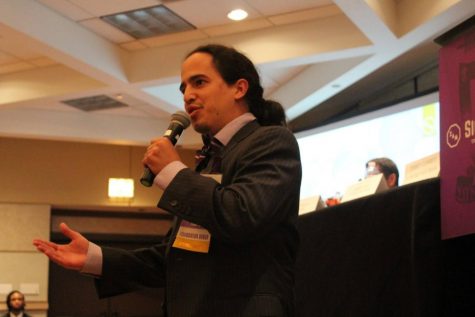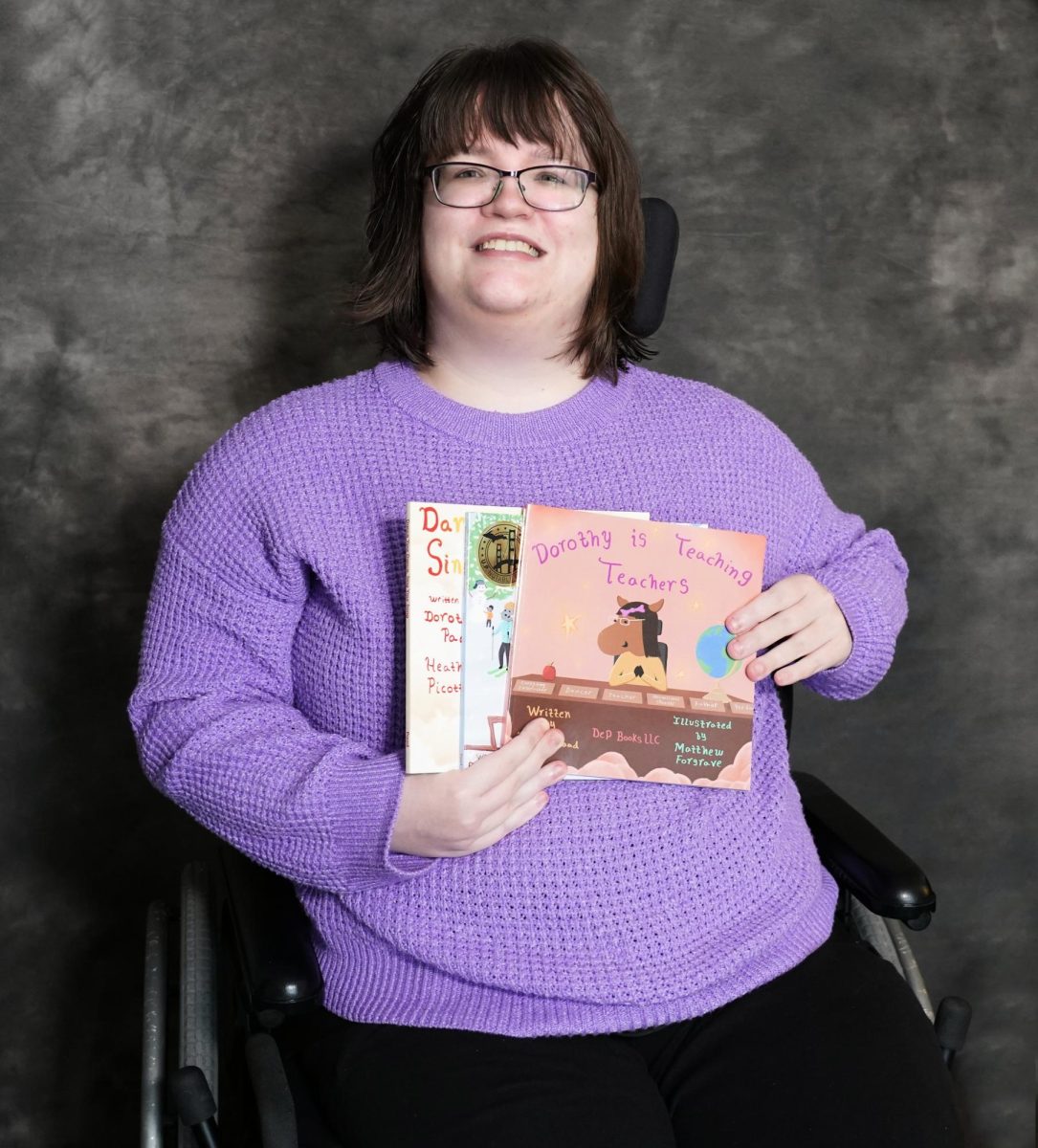The Sci-Files – 09/08/2019- Cort Thompson – Neural Implant Biocompatibility
September 9, 2019
On this week, The Sci-Files, Chelsie and Danny interview Cort Thompson.
Cort is a Ph.D. student at MSU’s Biomedical Engineering department where he is studying the ways in which implanted neural interfaces affect the brain. His research focuses on understanding how specific components of current electrode array technologies affect biocompatibility at the molecular and cellular level. His experiments explore the ways in which device design impacts the cellular populations in the brain to better inform on future device design in the field of neural engineering.
Neural interfaces are a rapidly advancing technology that offers a vast array of potential therapeutic uses. Neural interfaces and their ability to record from and stimulate the brain are being researched all over the world by both academia and private industry in an attempt to better understand neuroscience and to treat injury and disease. Many initiatives such as the Braingate project have successfully connected the human motor cortex with assistive robotic devices to improve the quality of life for individuals suffering from debilitating neurological conditions. A considerable amount of progress has been made toward the improvement of neural interfaces in recent years through the advancement of electrode technology and signal decoding. There is still progress to be made however on the path to creating seamlessly integrated neural devices. As it turns out, the brain reacts poorly to foreign objects. Many implanted devices suffer from chronic tissue inflammation for as long as they remain embedded in the brain. Implantation of invasive neural devices damages blood vessels, neurons, and other brain cells which results in inflammation and scarring around the device. This chronic inflammation is generally assumed to play a role in the functional decline of implanted electronics. Biocompatibility is an area of neural interface research that is becoming more important as neural interfaces become more sophisticated and as clinical implementation becomes more common.
If you’re interested in talking about your MSU research on the radio or nominating a student, please email Chelsie and Danny at [email protected]. You can ask questions for our future episodes here. Check The Sci-Files out on Twitter, Facebook, Instagram, and YouTube!































